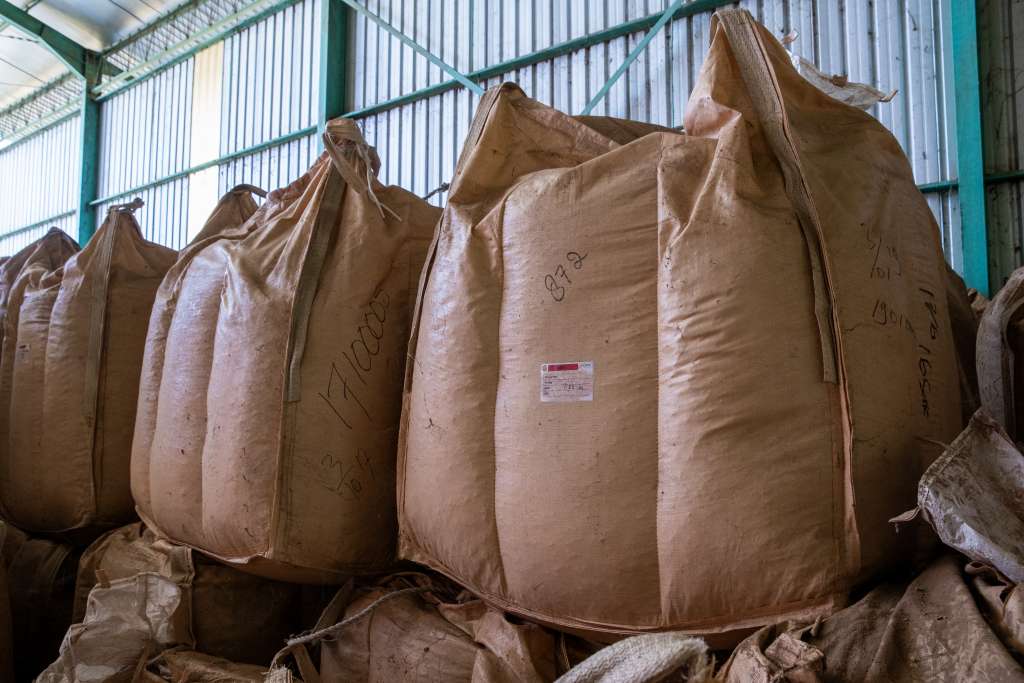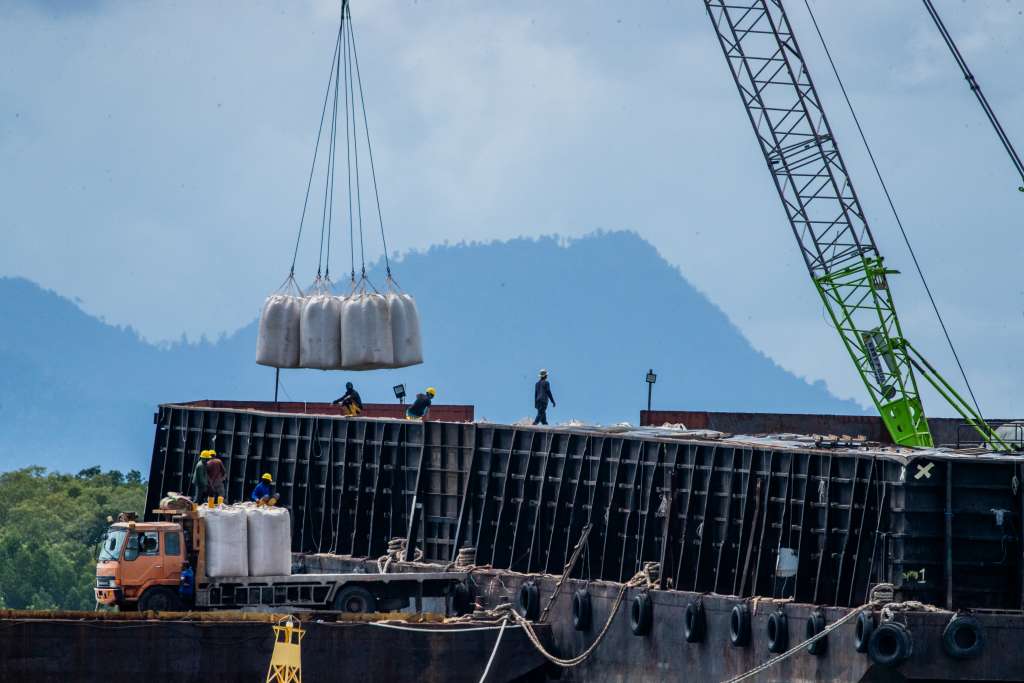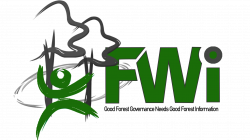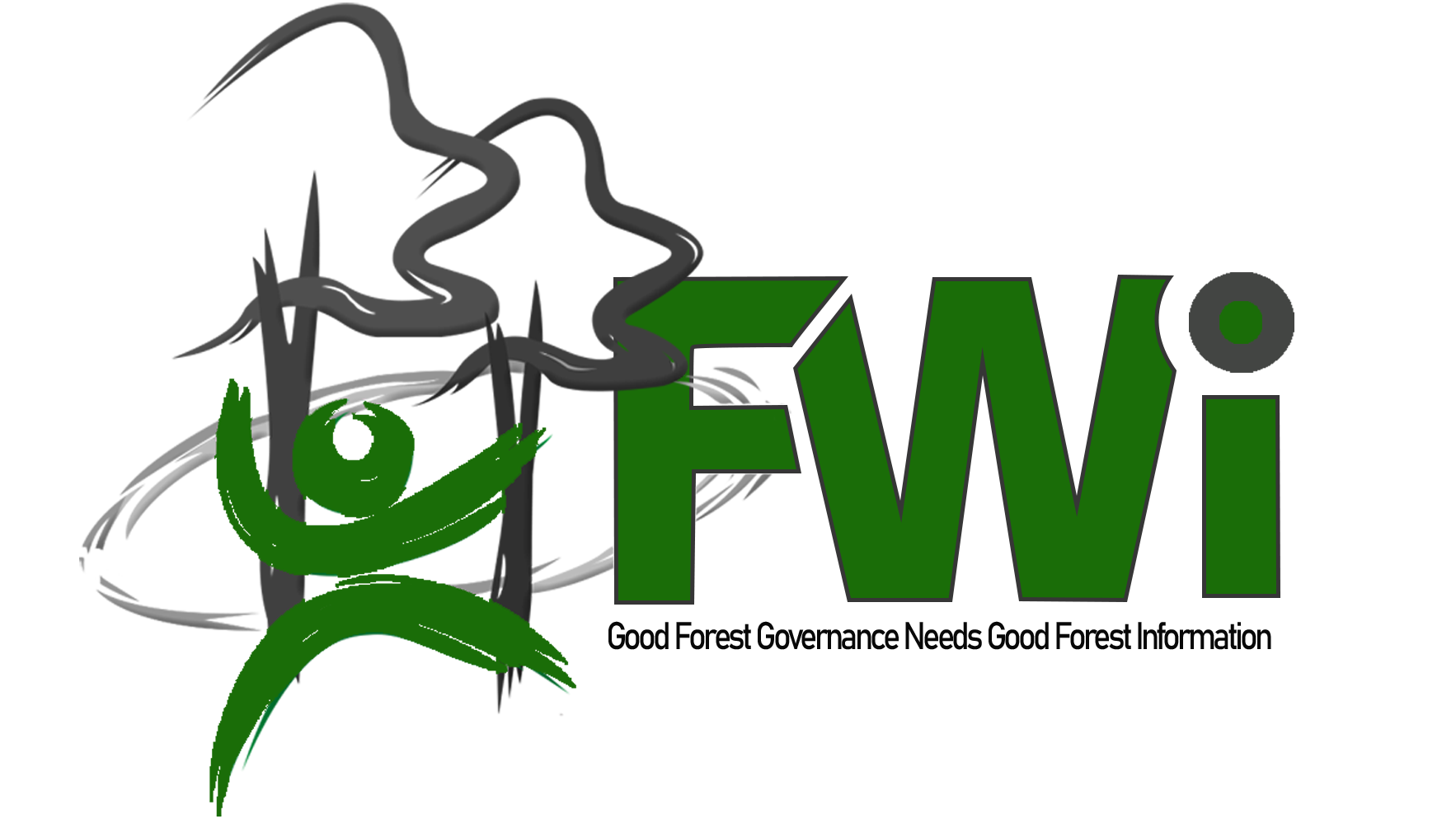
Forest Watch Indonesia (FWI) is highlighting the practice of illegal wood pellet exports that are harming natural forests in Gorontalo. This issue gained public attention following the capture of the foreign vessel MV Lakas, which was carrying allegedly illegal wood pellets, by Bakamla RI. This case is closely linked to the exploitation of natural forests, with Gorontalo being one of the provinces with the largest natural resource utilization activities for wood pellet production, which is then exported to countries such as Japan and South Korea in the middle of Indonesia’s energy transition era.
Rebuttal that the exported wood pellets are illegal are backed up by statement that the origin of the raw materials is coming from energy plantation concessions. However, FWI’s field investigations reveal that the wood used is sourced from natural forests, not from planted forests. The practice of land clearing on a large scale indicates uncontrolled forest exploitation for wood pellet production. This contradicts the goals of energy transition, which should aim to reduce carbon emissions, as the use of natural forests accelerates deforestation and emissions release.
Behind this practice lies a more significant issue, which is the strong suspicions of money laundering due to the illegal export of wood pellets. The narrative of “green energy” and “sustainability” conceals the bitter reality that the investments involved are not always environmentally friendly and are instead damaging Indonesia’s natural forests.
Experts on forests and finance from the Indonesia Working Group on Forest Finance (IWGFF), Marius Gunawan, emphasizes that there is concerns about potential money laundering, especially given the high export volume of wood pellets, which reached 1.5 million tons in 2023, with an export value of $500 million per year to South Korea and Japan. These suspected illegal practices are not limited to wood pellet exports but also include illegal timber leaving Indonesia. IWGFF indicates that around 50,000 tons of illegal timber have been exported from Gorontalo.
Typology of Money Laundering in Illegal Wood Pellet Exports
One common modus operandi in money laundering involves the use of false documents. About 20% of wood export documents in 2022 were found to be non-compliant, highlighting the extensive data manipulation practices in Indonesia’s timber trade. With this strong evidence, there are indications that money laundering occurs in various forms, from product value manipulation, tax evasion, to shipping through unofficial channels.
The MV Lakas, captured in Gorontalo waters, was subsequently released in Bitung waters. At the time of capture and initial inspection, the foreign vessel lacked three essential documents: certificate of origin, certificate of analysis, and declaration of seabirds.

Marius reveals that money laundering often involves fictitious companies, cross-border bank accounts, and a series of complex transactions to obscure the source of illegal funds. The money from this crime is often redirected back into other illegal businesses, such as drug trafficking, arms smuggling, and environmental crimes.
Researchers from the United Nations Office on Drugs and Crime (UNODC) have also previously noted that money obtained from these crimes is often redirected to various other illegal sectors, including human trafficking, drug trade, and forest crime, indicating a link between international crime and natural resource exploitation.
Indonesia should strengthen regulations and improve surveillance effectiveness. With Indonesia’s vast coastline, smugglers often evade monitored official routes, exploiting loopholes in the surveillance system. Therefore, the development of digital systems and transparency in the export chain is urgently needed. The Timber Legality Verification System (SVLK) has indeed improved compliance up to 70%, but there are still loopholes which can be exploited for illegal activities.
Marius assesses that the use of technology and digitalization in exports could enhance reporting accuracy by up to 40%. However, challenges in implementing strict controls remain substantial, particularly in coordinating the various involved agencies, such as the Financial Intelligence Unit (FIU), Customs, and the Police.
In the end, better coordination among agencies and increased collaboration with the private sector must become a priority. Although many parties strive for compliance, they often face pressure from those who do not adhere to regulations. This collaboration is crucial to ensuring more transparent and sustainable business practices in the future.
Illegal practices in the forestry sector not only damage Indonesia’s natural resources but also create broader crime networks. Money laundering in this sector has the potential to become a funding source for various other international crimes, further exacerbating the situation. With strong regulations, robust law enforcement, and solid inter-agency cooperation, it is hoped that Indonesia can mitigate the negative impacts of money laundering practices and maintain the sustainability of its forests and natural resources.
This note is sourced from a Roundtable discussion between CSOs and the media organized in collaboration with FWI and AJI Jakarta on September 26, 2024, in Jakarta.
Contact person: Media FWI (0857-2034-6154)
Presentation material from IWGFF regarding Money Laundry Practices from Illegal Wood Pellet Exports can be downloaded at the link below:



